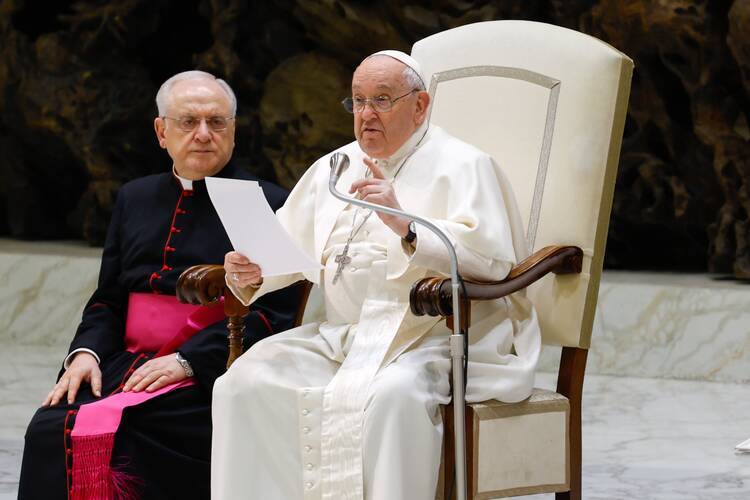VATICAN CITY (CNS) – People who act shocked that a priest would bless a gay couple but have no problem with him blessing a crooked businessman are hypocrites, Pope Francis said.
“The most serious sins are those that are disguised with a more ‘angelic’ appearance. No one is scandalized if I give a blessing to an entrepreneur who perhaps exploits people, which is a very serious sin. Whereas they are scandalized if I give it to a homosexual – this is hypocrisy,” he told the Italian magazine Credere.
The interview was scheduled for publication Feb. 8, but Vatican News reported on some of its content the day before when the magazine issued a press release about the interview.



You really need to see what progress has come through Christianity to see how absurd your statement is LOL.
You mean despite of Christianity.
The book is bigger than at its base. Our society cannot progress without removing it from a focal point.
The Catholic Church has sponsored plenty of progressive endeavors, both in the fields of science and otherwise. Which is to say nothing of the numerous Catholic people who have done progressive things and would place their faith as their reason for doing so. So there is a lot of progress that has been made because of the church.
That being said, there have also been far too many times where the church deliberately resisted important progress and/or attempted to undo it, hence progress despite the church.
I don’t know where the balance lies on that, but I do think it’s worth acknowledging both and even moreso acknowledging attempts from within to ensure more of the former and less of the latter.